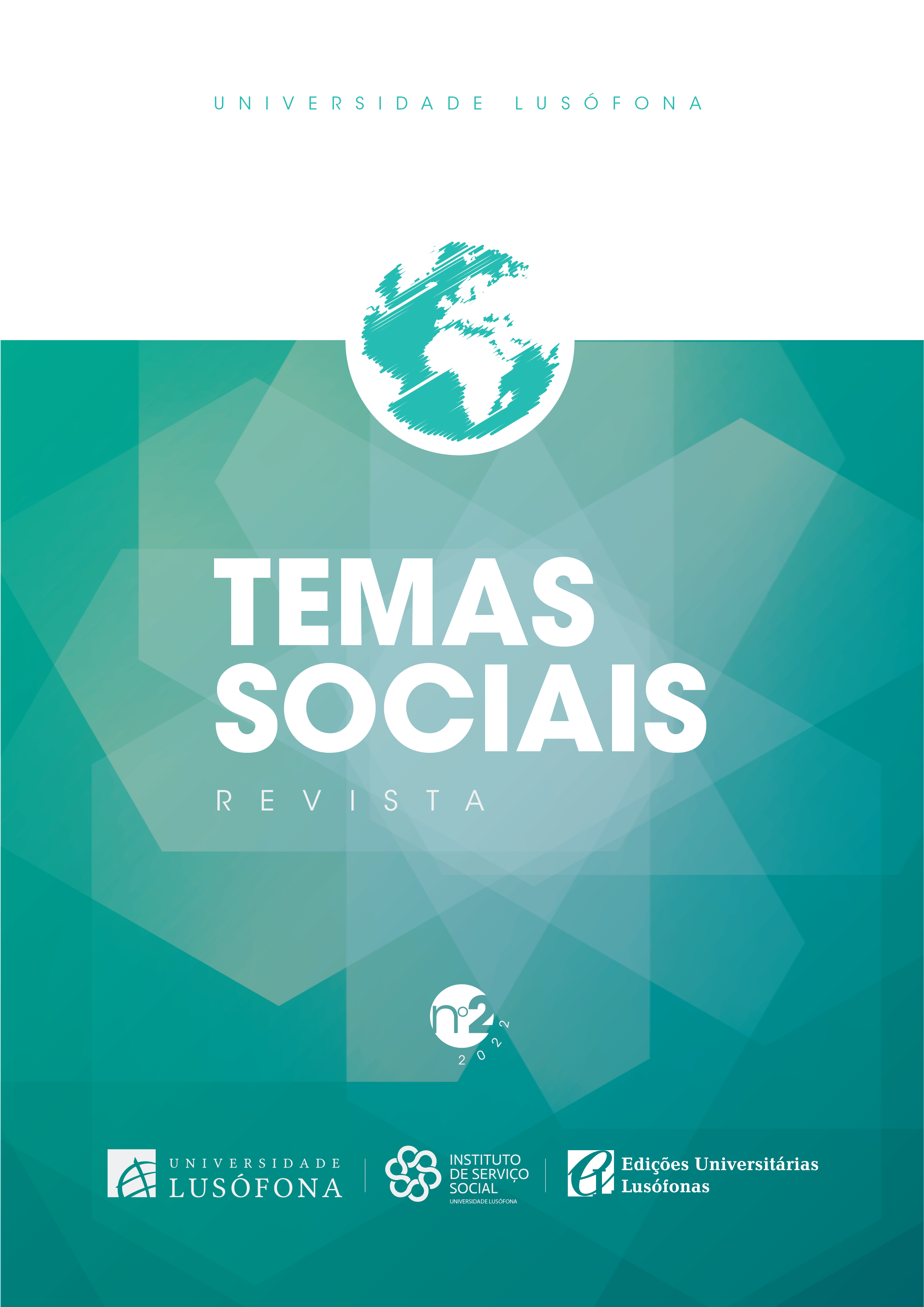O Serviço Social e a intervenção com as pessoas trans. Um apelo na capacitação e integração dos profissionais desta ciência e profissão
https://doi.org/10.53809/TS_ISS_2022_n.2_107-116
Abstract
It is a reality that some trans people experience obstructions in the fulfillment of human rights and are often deprived of a full compliance in the exercise of citizenship.
There are organizations that promote the full civic participation of these people, urging the States to create policy that involve, promote, and assist the constraints that these people face nowadays.
The Social Sciences have strengthened collaborative research in the debunking of prejudice, and Social Work emerges as a bridge in the devolution of citizenship and the empowerment of trans people, having as reference the values of Human Rights.
Social workers are key allies in efforts to ensure well-being and equity for people with non-normative gender identity. These professionals are committed in promoting policies and programs that affirm, support, and value individuals and communities, ever committed to both social and justice inclusion.
Downloads
Open Access Policy:
The Journal facilitates free, open and immediate access to its contents to foster the exchange of knowledge at a global level.
By submitting their work, the author(s) authorise the publication and dissemination of their work and are responsible for its content.
Code of Ethics:
The Journal is a digital tool that enables the dissemination of knowledge in a globalised society where technology, communication and information occupy a prominent place. The publication promotes equal opportunities facilitated by knowledge. To this end, the Journal is committed to the content it publishes, adopting a code of ethics based on the following principles:
1. The texts received must be original, by the author(s) alone and unpublished, i.e. they must not have been previously published, broadcast or sent to another publication.
2. Authors are responsible for requesting any authorisations necessary to publish their texts, with the respective reference to the sources consulted.
3. That organisation must authorise work funded by an organisation to disseminate the results.
4. the plagiarism detection tool in force will review all work received at Universidade Lusófona - Centro Universitário de Lisboa.
5. The articles received will be evaluated by two experts in the field, guaranteeing the anonymity of the author(s) and the evaluators.
6. Papers involving people as the research subject must obtain informed consent from all of them, with strict respect for the confidentiality of personal data and, if necessary, the decision of the Ethics Committee.
7. The list of authors should only include those who contributed intellectually to the work, i.e., who designed and carried out the research, wrote up and analysed the results and approved the final version of the text.



